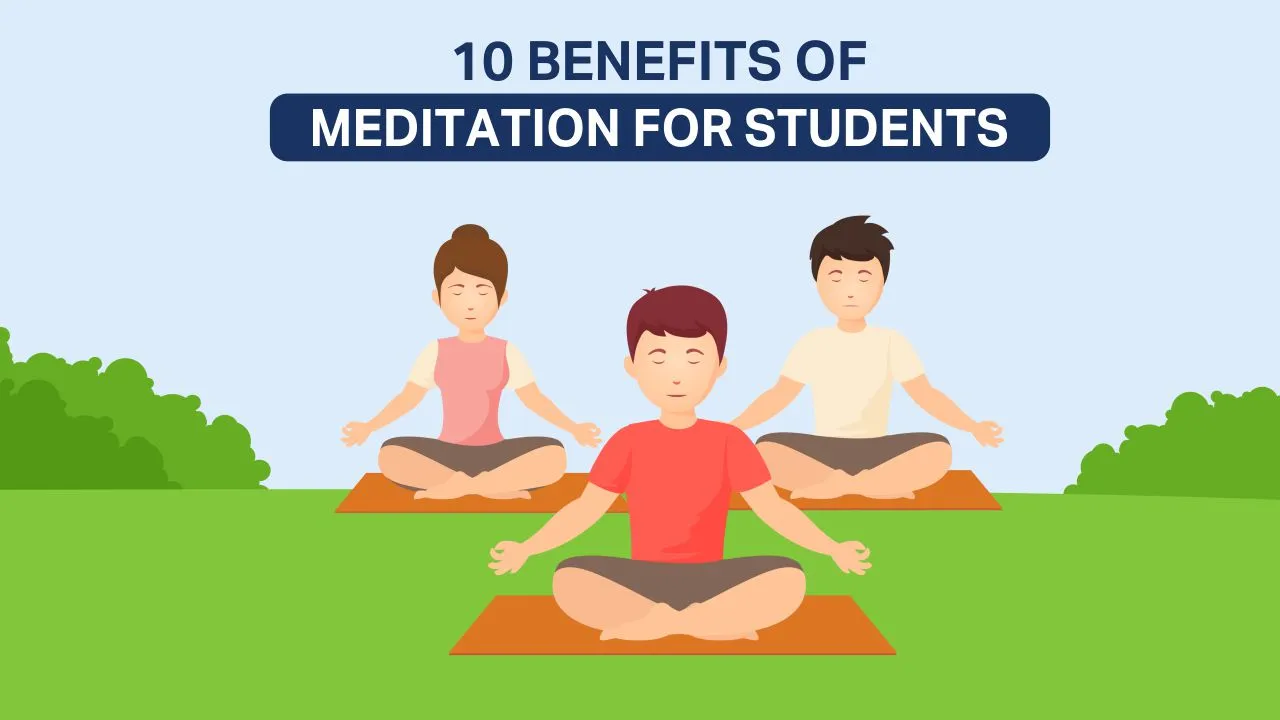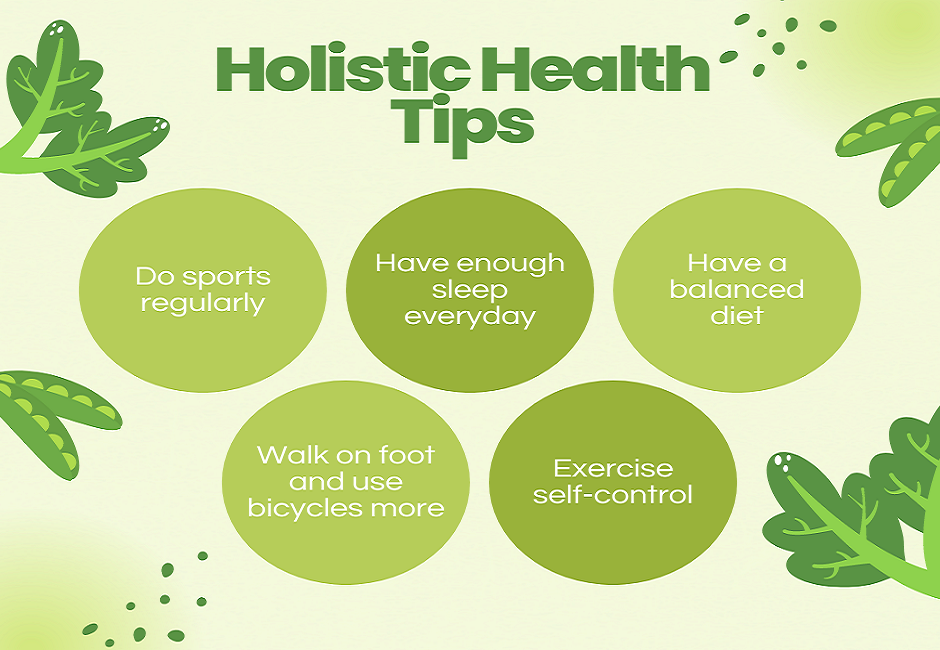Meditation has evolved from an ancient practice to a modern wellness tool embraced by millions globally. Whether you’re new to meditation or looking to deepen your practice, understanding its full scope of benefits can elevate your mental, physical, and emotional health. In this article, we’ll explore how to benefit from meditation, answer key questions, and delve into the profound impact it can have on different age groups, including kids, students, and adults alike.
How to Benefit from Meditation?
Meditation offers transformative benefits, but maximizing them requires consistency and the right approach. Here’s how you can start benefiting from meditation:
- Start Small and Gradually Increase: Begin with 5-10 minutes of meditation per day. This is enough to help you build a habit and tap into the initial relaxation it brings.
- Focus on Your Breath: The most basic meditation involves focusing on your breath. Close your eyes, take slow deep breaths, and concentrate on the sensation of air flowing in and out of your body.
- Set an Intention: Whether it’s for stress relief, focus, or emotional balance, setting a clear intention will guide your practice and provide more tangible benefits.
- Practice Mindfulness: Meditation isn’t just about sitting in silence; it’s about being present in the moment. Even in everyday activities, practicing mindfulness can offer similar benefits to formal meditation.
Can Kids Benefit from Meditation?
Absolutely! Kids can greatly benefit from meditation, especially in today’s fast-paced, technology-driven world. Meditation for children can help with:
- Improved Focus: Meditation can enhance a child’s attention span, helping them concentrate better in school.
- Emotional Regulation: By meditating, kids learn to manage their emotions, reducing anxiety and stress.
- Better Sleep: A consistent meditation practice can lead to improved sleep quality in children, helping them feel more rested and alert during the day.
How Can People Benefit from Meditation?
People of all ages and backgrounds can benefit from meditation, especially when it becomes a regular part of their routine. Here are some ways meditation can help:
- Stress Reduction: Meditation activates the body’s relaxation response, lowering cortisol levels and calming the mind.
- Improved Concentration: Regular meditation enhances focus, which can lead to better performance at work, school, or in personal tasks.
- Emotional Stability: By practicing mindfulness, individuals can cultivate emotional resilience and reduce overreactions to stressful situations.
- Enhanced Creativity: Meditation has been shown to improve problem-solving skills and foster creativity.
Which is Required to Benefit from Meditation?
The most critical factors required to benefit from meditation include:
- Consistency: Regular meditation is key. Meditating once a week will not have the same impact as practicing it daily.
- Patience: Meditation is not about instant results. It takes time to see noticeable changes in mood, cognition, and physical health.
- Proper Guidance: While it can be self-taught, many people find more success when starting with guided meditations, whether from an app, a class, or a teacher.
Which of the Following is Necessary for Meditation Benefits?
Quiet Space: Meditation requires a calm, distraction-free environment, especially for beginners. As you progress, you’ll find you can meditate even in less ideal settings.
- Posture: While sitting cross-legged is common, what matters most is maintaining a position that keeps your body comfortable but alert.
- Focus: This could be on your breath, a mantra, or a visualization. Focusing the mind prevents distractions from taking over.
What are the 10 Benefits of Meditation?
Here are 10 well-documented benefits of meditation:
- Reduces Stress: Lowers cortisol levels and creates a sense of calm.
- Improves Focus: Enhances concentration and clarity.
- Boosts Emotional Health: Promotes positive thinking and reduces the risk of depression.
- Enhances Self-Awareness: Helps you understand your thoughts and feelings better.
- Improves Sleep: Encourages deeper, more restful sleep.
- Increases Patience: Meditation can cultivate patience and tolerance.
- Lowers Blood Pressure: Regular practice can lead to healthier blood pressure levels.
- Boosts Immunity: Some studies suggest it can strengthen the immune system.
- Increases Compassion: Enhances empathy and connection to others.
- Promotes a Healthy Lifestyle: Meditation encourages mindfulness in other areas of life, including eating and exercise habits.
What are the 5 Benefits of Meditation?
For those looking for the most immediate and impactful benefits, here are five standout reasons to meditate:
- Relieves Stress: Reduces anxiety and promotes a sense of peace.
- Improves Memory: Enhances recall and overall cognitive function.
- Heightens Awareness: Improves the ability to stay present and in tune with your surroundings.
- Promotes Emotional Well-being: Builds resilience against emotional turmoil.
- Increases Attention Span: Leads to longer and more sustained periods of focus.
What Happens if You Meditate Every Day?
Daily meditation leads to:
- Deepened Relaxation: You’ll notice you can enter a meditative state more quickly.
- Lasting Mental Clarity: Your focus and ability to process thoughts become sharper over time.
- Heightened Emotional Balance: You’ll experience fewer mood swings and greater emotional regulation.
- Improved Physical Health: Regular meditation can reduce inflammation and improve your body’s response to stress.
How Much Meditation is Beneficial?
The benefits of meditation can be felt with as little as 5-10 minutes per day. However, many experts suggest that 20-30 minutes per day is ideal for tapping into deeper benefits such as enhanced mental clarity, emotional resilience, and stress relief.
How Many Minutes to Meditate?
Beginners can start with just 5 minutes and gradually work up to longer sessions. Ideally, aiming for 20 minutes a day allows you to enter deeper states of relaxation and mindfulness.
How to Meditate Correctly?
- Find a Quiet Space: Sit comfortably in a calm environment, free from distractions.
- Focus on Your Breathing: Breathe slowly and deeply, concentrating on the rhythm of your breath.
- Recognize Your Thoughts: It’s common for your thoughts to stray. Acknowledge your thoughts and gently bring your focus back to your breathing.
How to Meditate Daily?
Create a habit by:
- Scheduling a Time: Set aside time every day to meditate, whether it’s in the morning or evening.
- Start Small: If you’ve never meditated before, start out with 5–10 minutes.
- Track Your Progress: Keeping a journal or using an app can help you stay committed and observe the benefits.
How to Meditate in Bed?
- Get Comfortable: Lay on your back, hands resting at your sides.
- Concentrate on Your Breath: Shut your eyes and inhale slowly and deeply.
- Body Scan: Mentally scan your body from head to toe, relaxing each muscle group as you go.
- Stay Present: If your mind wanders, gently guide it back to your breath.
10 Benefits of Meditation for Students

Students, especially in today’s highly competitive environment, can benefit greatly from meditation:
- Improved Focus: Increases concentration, leading to better academic performance.
- Reduced Stress: Helps students cope with exam pressure.
- Better Emotional Control: Encourages emotional balance during stressful situations.
- Enhanced Memory: Improves recall and learning capacity.
- Promotes Healthy Sleep: Encourages restful sleep, improving cognitive function.
- Boosts Creativity: Meditation fosters creative problem-solving skills.
- Increased Patience: Helps students manage frustration and stress.
- Enhanced Self-Awareness: Encourages personal growth and emotional intelligence.
- Better Time Management: Increases awareness, allowing students to plan their tasks more effectively.
- Greater Compassion: Promotes empathy and kindness, improving relationships with peers.
Meditation Benefits for Brain

Meditation has significant effects on the brain:
- Neuroplasticity: Meditation can actually change the structure of your brain, particularly areas involved in memory, learning, and emotional regulation.
- Reduced Amygdala Activity: This part of the brain controls fear and stress responses, and meditation helps calm it.
- Increased Grey Matter: Long-term meditation can increase grey matter, leading to better cognitive function and memory.
Spiritual Benefits of Meditation
For those seeking spiritual growth, meditation offers profound benefits, such as:
- Increased Connection: Meditation deepens your sense of connection with yourself, others, and the universe.
- Inner Peace: Regular practice leads to a sustained feeling of inner calm and contentment.
- Enhanced Awareness: It sharpens your awareness of the present moment, allowing for spiritual insight.
Conclusion
Meditation is a transformative practice that offers countless benefits for the mind, body, and spirit. Whether you’re meditating to reduce stress, improve your emotional well-being, or achieve spiritual growth, consistency and patience are key. As you integrate meditation into your daily routine, you’ll find yourself more centered, focused, and in tune with your surroundings. With benefits that extend across all age groups, from kids to adults, meditation is a lifelong tool that supports holistic well-being. Feel free reach out to visit our website.



